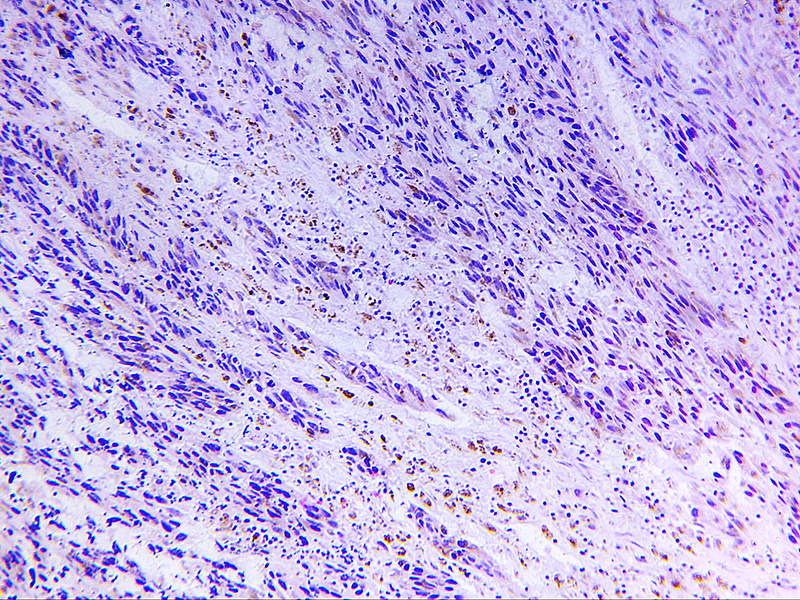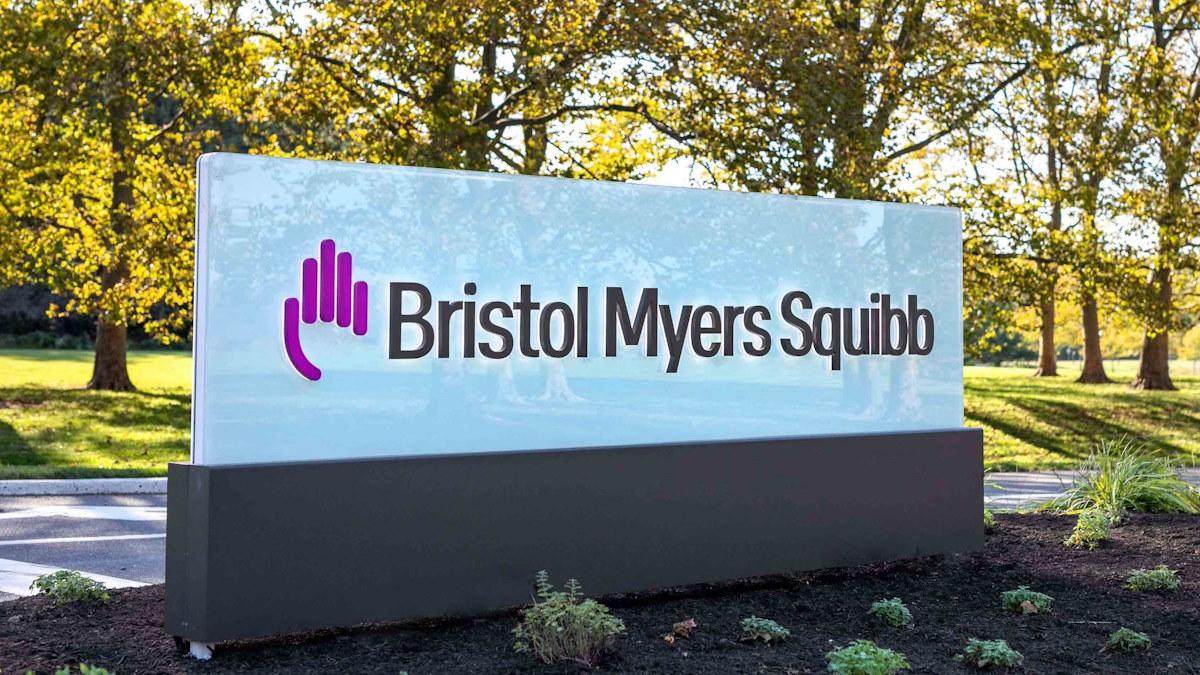NICE recommends BMS melanoma combination

Melanoma patients in England and Wales will be the first in Europe to access Bristol-Myers Squibb’s (BMS) Opdivo (nivolumab) and Yervoy (ipilimumab), after NICE published final draft guidance recommending routine NHS funding.
Although NICE has come under fire for refusing funding for cancer drugs, this is one of its fastest-ever recommendations - the combination was approved in Europe in advanced skin cancer on 11 May.
The treatment will be available for adults with advanced (unresectable and metastatic) melanoma.
NICE said that the combination can stall progression of disease by an average of eight months compared with standard treatment.
Although 1,300 people could be eligible for the combination each year, doctors will have to assess if patients are fit enough to tolerate side effects such as diarrhoea and liver damage.
A NICE appraisal committee decided a consultation on draft recommendations was not necessary – this only happens when a committee recommends a treatment in line with its licence.
NICE did not give annual cost figures but said the combination compared with MSD’s Keytruda (pembrolizumab) is likely to cost less than £30,000 per Quality Adjusted Life Year gained.
The combination will fall below this cost-effectiveness threshold as long as the manufacturer supplies it at an undisclosed discount agreed as part of a patient access scheme.
Dr James Larkin, consultant oncologist at the Royal Marsden, London, said: “Using these two medicines together in a double-hit approach provides complementary action, allowing us to target the cancer more effectively. The result is a new option that can offer longer control of melanoma than ipilimumab alone. This decision by NICE is very welcome news.”
Gill Nuttall, CEO and founder of Melanoma UK, welcomed the decision but noted that cancer survival rates in the UK still lag behind many countries in Europe.
Describing the treatment as “game-changing”, Johanna Mercier, general manager at BMS UK and Ireland, said the company continues to investigate using combination for other cancers.













